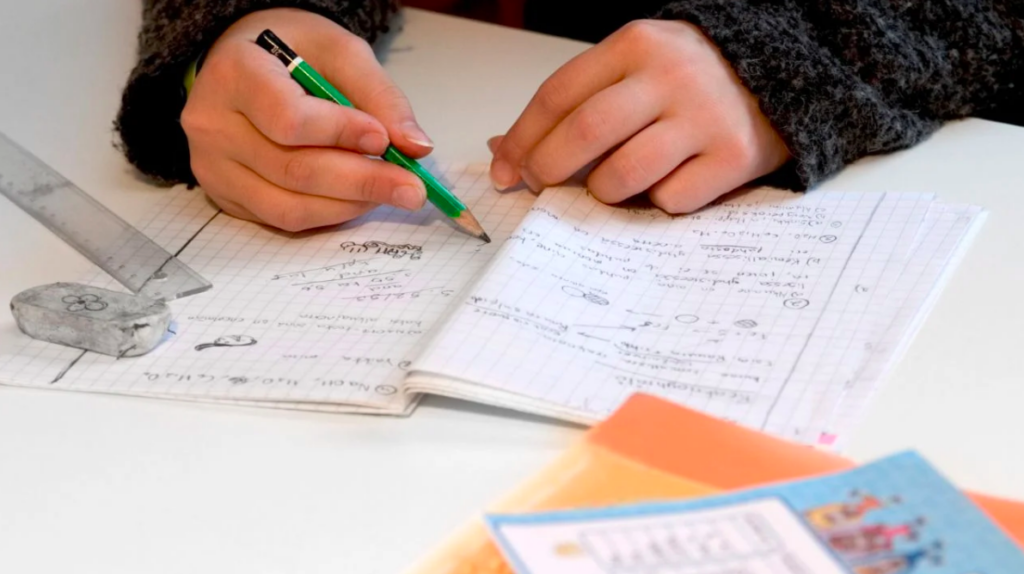
Stock photo
MANILA, Philippines — Saying children are “overworked” with 10 hours spent at school on weekdays, Tutok to Win Rep. Sam Versoza has filed House Bill No. 8243 — the proposed “No Homework Law” — to stop teachers from giving homework to elementary and high school students during weekends so as to allow students to “rest and recharge.”
A 2010 Department of Education memorandum circular advised teachers to limit the giving of homework to public elementary school students to a reasonable quantity on weekdays, while no homework is to be given on weekends. HB 8243 sought to institutionalize this for all elementary and high schools across the country.
Since the 17th Congress (2016-2019), lawmakers have tried to institute a no homework policy on weekends, but such measures remained pending before the House basic education and culture committee.
Versoza, in a privilege speech on Monday, said students work extra hours to accomplish their homework. In some instances, parents themselves would finish their children’s tasks.
“The Filipino youth are overworked and yet the Philippines is trailing behind other countries,” Versoza said in his privilege speech.
He cited recent reports that the average intelligence quotient (IQ) of Filipinos was 81.64, while the global average IQ was 100. The Philippines ranked 111th out of 200 countries in terms of average IQ.
Alarming
“This is alarming and proves that the Philippines is in the middle of an educational crisis. If the system is not working, let us improve the system,” Versoza said.
He noted that Finland, China, South Korea, Japan, and other progressive nations already cut back on giving homework to students and that the Philippines should consider this as well.
Versoza said an hour of homework a day was “sufficient to achieve satisfactory results” and that increasing the number of hours for homework “may cause stress to students and their families.”
The lawmaker also pointed to the disparity between the rich and poor in completing school tasks.
“Kids from wealthier homes are more likely to have resources such as computers, internet connection, dedicated areas to do schoolwork, and parents who tend to be more educated and more available to help them with their homework,” Versoza said.
On the other hand, children from disadvantaged homes are more likely to take on after-school jobs, be at home without parents’ supervision, or take care of siblings instead of doing homework.
He also cited data from the Philippine Statistics Authority, which showed that the Philippines had the highest dropout rate among Southeast Asian countries, with a lack of interest in school as one of the reasons cited.
“This only shows that school is not fun anymore,” Versoza said.
READ MORE:
DepEd forms task force to review K-12 program